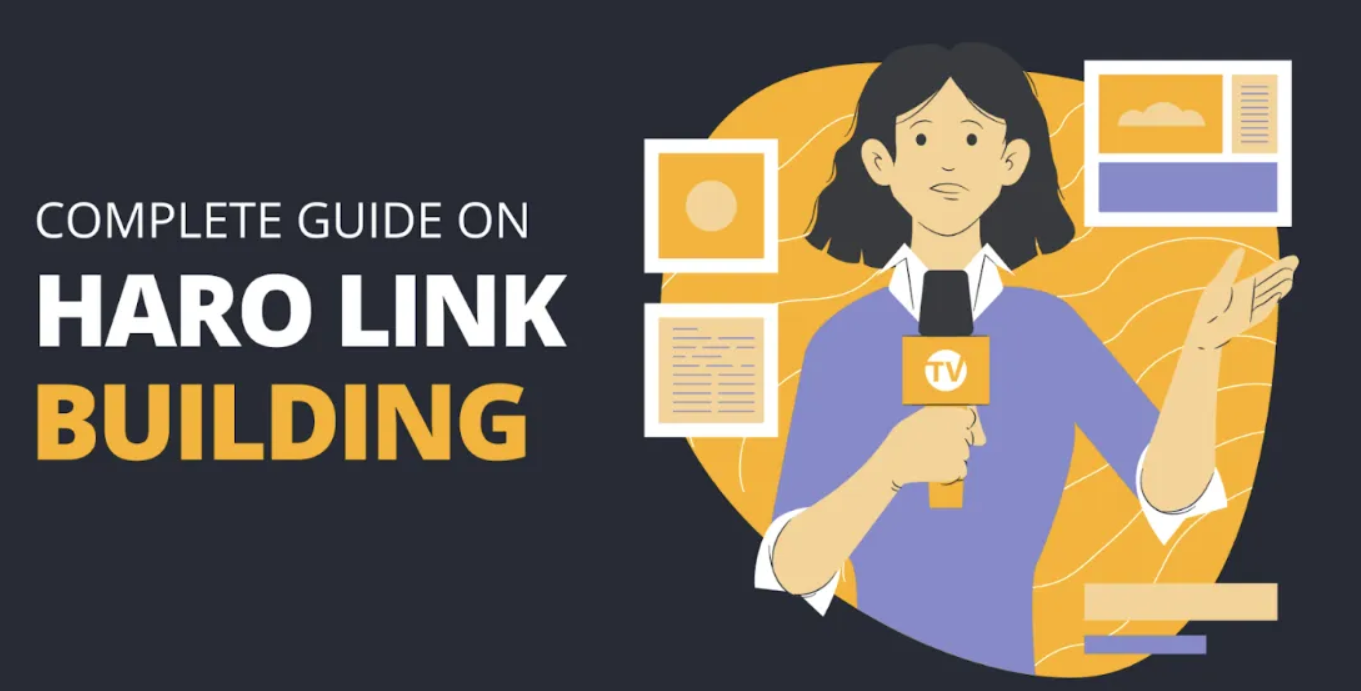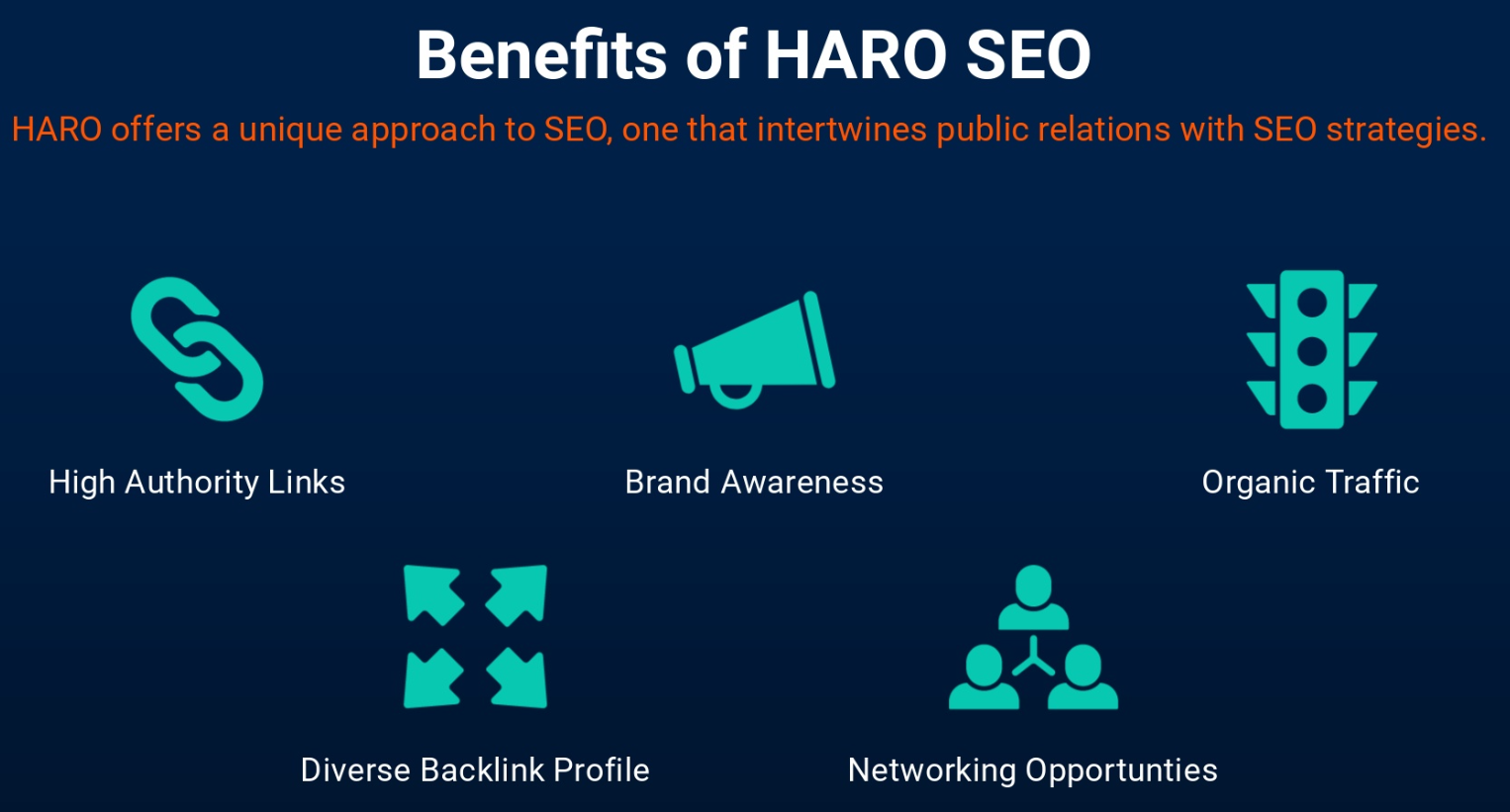Why Disqualification Is Not Necessarily A Bad Thing
Mane marketers and salespersons are quite reluctant about the idea of disqualifying leads. Yes, at first glance, it seems better to have as many leads as possible to work with. Yet, we are faced with the harsh reality that we simply don’t have the luxury of unlimited time and resources. This is why, the quality of your leads is far more important than the quantity. Whether you are a marketer or a salesperson, your most important asset will always be your time. So, it’s better to spend your time on your very best leads, than spreading it across a lot of them that are not a good fit for your business. Also, depending on your industry, your sales cycle can be very long or very short. In a short sales cycle, you might lose a qualified prospect while spending your resources on unqualified ones. In a long sales cycle, you might spend too much time and resources on unqualified prospects that often results in dead ends. In short, it’s always a losing scenario.Lead Qualification Questions: The Key Principles
As we have mentioned, one of the main ways to qualify leads is to conduct qualifying questions. By asking relevant questions, we can determine the leads’ match with a specific criteria. The criterion involved can be current problem, need, available budget, sense of urgency, authority, and other qualifying factors. Keep in mind that it’s generally better to avoid close-ended yes/no question, but instead leave the question open-ended. For example, instead of asking, “Would the product price of X dollars fit your budget?”, it is much better to ask “ What is your preferred budget?”. Why? Because you are not leading the lead to a yes/no answer, the response will usually be more honest.Top 10 Most Important Sales Qualification Questions To Ask
There can be so many different questions to ask, and it’s quite easy to ask the wrong questions instead of the relevant ones. When we are asking non-relevant questions, not only we won’t get any valuable results, but it might harm our relationship with an otherwise qualified prospect. So, here we will discuss ten of the most important questions to ask for. While your list of questions shouldn’t be limited to these below, they can give you some ideas to expand your list later:1.How can we best help you in making this decision?
Here’s the catch, every prospect always have some uncertainty: it can be their limited budget, it can be them not being totally sure of their needs, it can be a lack of urgency, or anything. The idea is, by figuring out that obstacle(s) and offering to help them, you are one step closer to a conversion.2. Are you alone in this decision-making process? If not, who else?
This question is especially relevant if you are a B2B business dealing with an organization. On average, more than 6 people are usually involved in a single company for a particular purchase decision. This question is especially important to establish a relationship with all the relevant people, and you would also find out where this specific individual fits within the purchase decision process.3.Why weren’t you happy with your last vendor/brand/product/service?
If they have tried a solution in the past, you would want to find out why the solution and who they were working with is not working. By directing them to reflect to the past, they can begin to understand the solution they might be looking for, and can give you a valuable insight.4.What are you hoping to accomplish in a new partnership/product?
A follow up to the above question. Here, position yourself as their partner, and use “we” instead of “I” and “you” whenever possible. Find out what they are actually looking for in the actual relationship with your brand.5.What are your company’s weaknesses and strengths?
The lead’s own perspective about their company can be a very valuable insight for you. The answer to this question can help you understand their priorities, and can help you develop a better solution for them.6. What is your budget expectation?
Arguably, budget is the most important part of a new purchase/partnership. You will need to find a way to create a deal that is profitable for your company, and yet can also help your prospect. Talking about pricing upfront can tremendously help7. What is more important right now? Growth or money?
You can’t typically aim for growth and productivity with a smaller budget. So, asking your prospects whether they prefer growth or saving money can be a valuable insight of their priorities. If they prefer growth, they are more likely to make a purchase sooner than later. On the other hand, if they prefer to save their budget, you might want to change your marketing approach to convince them you are the right choice financially.8. What is the timeline for your goal?
It is important to know when your prospect is hoping to achieve their goals, so you can have a better understanding of what kind of commitment they would prefer, and their sense of urgency. If their timeline is fairly short, they are generally more ready for a purchase.9. What could stop us from being partners?
Discuss the potential event that could prevent you from working together. Not only this question can offer a valuable insight for your challenges, but can also be an effective reverse-psychology trick: this question show that you do care about helping them, and might encourage conversion.10. How will you measure success?
Success can mean all the different things to different people. So, knowing how your leads define success can help you determine what they are ultimately looking from your brand, and whether they are the right fit for your product/service.The Qualification Levels
Back in 2013, Bob Apollo, the founder of Inflexion Point sales consultant group coined three different levels of sales qualification, a concept that is adopted by many marketers and salespeople until today. Based on Apollo’s idea, we must qualify leads at three different levels, they are:Organization-Level
The most basic qualification level, but not saying it’s not important. Generally, this level is about matching the current lead with your buyer persona. If the prospect’s profile match your buyer persona in demographics, they passed this stage.Opportunity-Level
Opportunity-level, as the name suggests, evaluate whether your lead has a problem or specific need you can tackle. On the other hand, on this level we will also assess whether it is feasible for them (financially, among other factors) to purchase your product or service as a solution. So, in its essence, this level is about considering whether the prospect can benefit from your product/service.Stakeholder-level
After passing the two previous levels, the stakeholder-level qualification is about assessing whether the prospect has the adequate authority to make the purchase decision. So, at this level, you would need to ask questions like “who else is involved in the decision-making process?” and “will this purchase come out of your (team’s) budget?” Understanding these three different qualification levels can help tremendously in designing qualification questions. Also, they will play a great part when we discuss the lead qualifying frameworks below.Lead Qualifying Frameworks
A lead qualification framework, as the name suggests, is a framework where salespeople and marketers can assess shared characteristics to qualify prospects. There are several qualification framework models available, and here we will discuss four of them.BANT Qualification Framework
Probably the most famous lead qualification framework, and so we’ll have a more in-depth discussion for this one. BANT stands for Budget, Authority, Need and Timeline, and was originally developed by IBM for their in-house sales team. So, as the acronym suggests, the BANT framework is focused on four key areas:- Budget: whether the prospect is capable of purchasing your product/service
- Authority: whether the prospect has the required authority to make a purchase decision
- Need: Is there a need for your product/service. For example, does the prospect have a business problem you can solve
- Timeline: in essence, when the prospect is planning to buy


